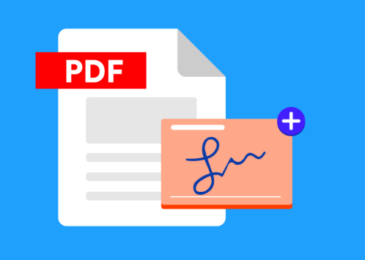Many enterprises working to establish an online presence underestimate not only the importance of using analytics tools, but the potential growth that can happen when knowing what results to look for. For example, most businesses with websites will focus on reporting; this means checking which pages have received the most clicks, tracking bounce rates and searching for some insight into the path users take throughout the site. This is all in the interest of getting a better idea about how users make decisions and what catches their interest. However, if you’re using analytics tools properly, you can get even more out of them.
By browsing user behaviour, you can create better marketing objectives and target your audience more efficiently. Even something like an abandoned shopping cart will show you where users are hesitant and perhaps you can invite them back by putting out an e-mail campaign that features more information about the items people were most interested in, but perhaps thought twice about before purchasing. Alternatively, you can create an ad campaign targeting users that have been anticipating the release of a new product or service, which you’ll know by looking at page views that discuss what’s up and coming. While analytics give you an idea about the success of your site, they’re also meant to give some transparency to what your next marketing steps should be.
These don’t have to be exclusive to online marketing either. You can use the data you’ve collected to target people offline as well; this can inform the way you may dress your store windows for example, or which items you feature at the front, and which you mark down – it’s all important feedback. Simply patting yourself on the back for a job well done when you see lots of user engagement on a blog post, or when you see users searching a certain tag often, isn’t the same as using that knowledge to your advantage.
Of course, to make the most of analytics, and use your efforts to grow your business, you must first be sure your website is SEO optimized, mobile friendly, professional looking, easy to navigate and running on a strong and reliable server – this is provided by your web hosting service. For best results, ensure you partner with a web host that offers uptimes of at least 99.9%, and if you’re a Canadian company, one that runs their websites on Canadian servers. When you work with a recognized provider like HostPapa for example, you’ll get higher rankings locally when prospective customers or clients use Canadian search engines.
Many people running small businesses know the basics when it comes to cultivating and maintaining a consistent online presence, however not many know how to capitalize on the results and the important information their data is laying out for them – allowing them to increase not only their user engagement but revenue. Next time you’re checking your website reports, ask yourself what strategies you could implement post-analysis to make the results really start working for you.






